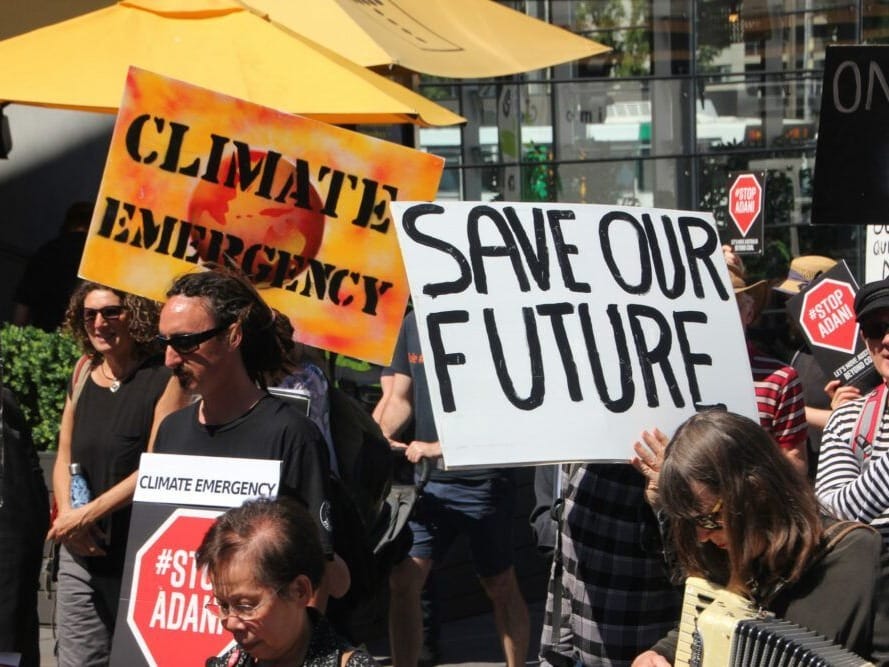Propelled by an environmental U.N. chief and support from nearly all G-20 nations, a global climate summit launched in a Polish coal mining city with public health stakes that could not be higher.
Almost 200 nations gathered for climate talks to work out a new rulebook for what nations must do to meet the 2015 Paris Agreement's goal of preventing too much global warming.







